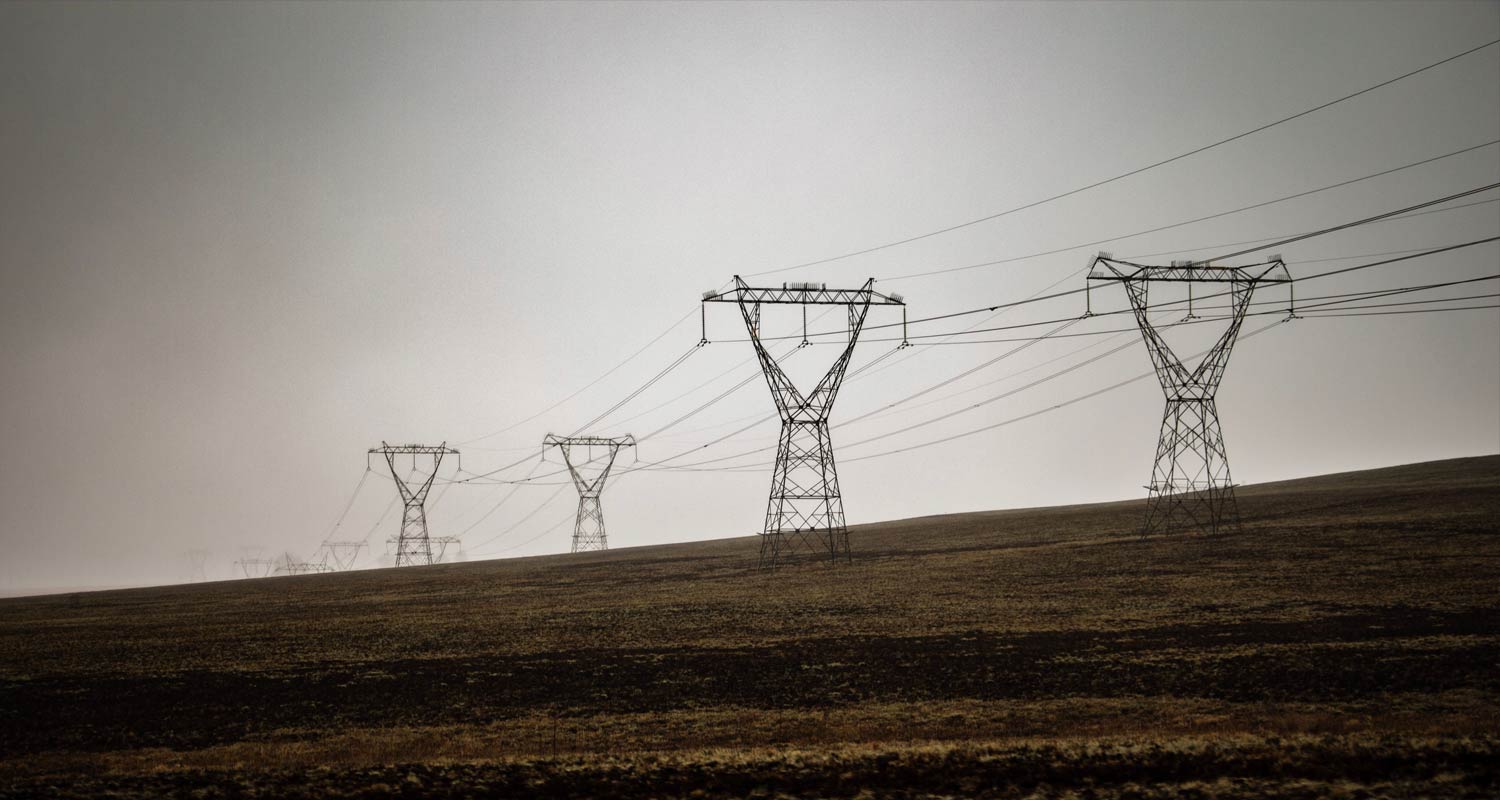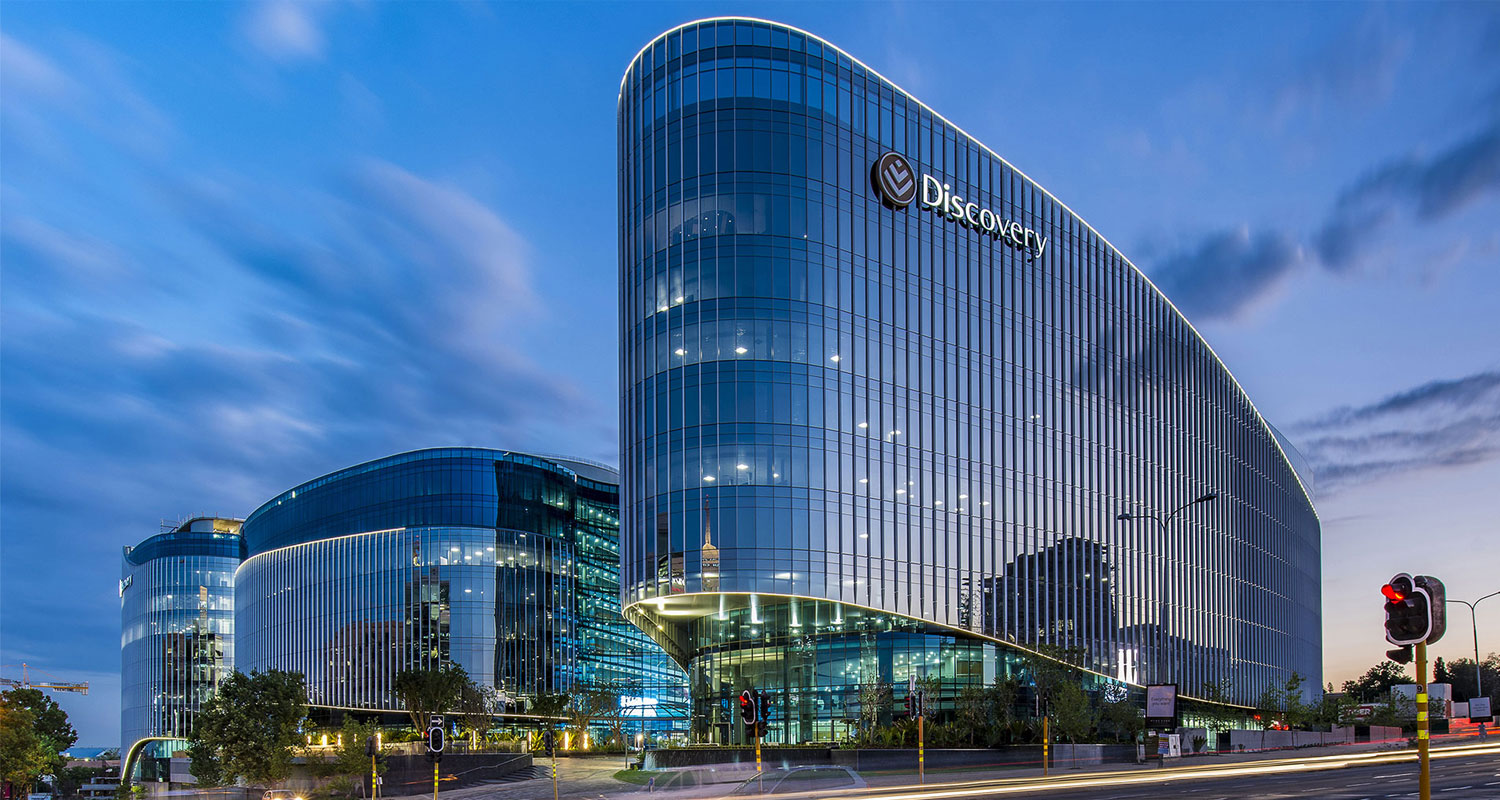
We recently hosted the annual Standard Bank Sikuvile awards. We have long been a proud sponsor of this event, having spent over a decade in partnership with the South African National Editors’ Forum.
These awards celebrate the relentless pursuit of the truth and the unwavering commitment to storytelling that defines journalism.
In a world where digitisation and digitalisation have changed every industry and profession, where social media is growing, it is important to remember that journalism is more than just a profession. It is a powerful force that shapes our future. Through the lens of a camera, the stroke of a pen and the click of a keyboard, journalists can influence public opinion, drive social change and hold power to account.
Journalists have a unique responsibility to tell the South African story in a compelling and authentic manner. Our nation is rich with diverse cultures, histories and experiences which deserve to be shared with the world.
It would be remiss not to acknowledge that the work journalists engage in is often thankless and comes with a measure of public criticism. It is fair to say that journalism is not for the faint-hearted.
The path to press freedom in South Africa has been arduous, stretching back to the promulgation of the Press Ordinance of 1829. This year, we mark 195 years since those initial battle lines were drawn — a testament to the resilience and tenacity of those who fought for the right to inform and be informed.
The dark era of apartheid, beginning in 1948, saw the media’s struggle intensify. Laws enacted to stifle dissent, the harrowing events of Black Wednesday in 1977.
Yet, the dawn of democracy heralded a new era, enshrining press freedom in our constitution and honouring the sacrifices of those who came before. We stand on the shoulders of giants — those who fought for our freedom and those who continue to safeguard it.
Today, it is worth shining a light on the unsung heroes of our democracy — the champions of media freedom. Names such as Noni Jabavu, Joyce Sikhakhane-Rankin and John Fairbairn might not be as familiar as Nelson Mandela or Oliver Tambo but their contributions are no less significant. They stood firm against oppression, advocating for the right to inform and maintaining a free and independent press.
These individuals, and many like them, ensured that our democracy does not merely function but thrives on the principles of transparency and accountability. They remind us that the fourth estate is not just a career but a calling — one that carries the weight of profound responsibility.
Press freedom is the cornerstone of a vibrant and functioning democracy. It remains critical that we protect the rights of journalists to report without fear of censorship or retribution. While we acknowledge our rights as citizens to sometimes criticise the media, we should all embrace the scrutiny that keeps our democracy vibrant.
Today, we stand vigilant, nurturing the freedoms we cherish. The media continues to evolve, facing new challenges and opportunities in a digital age. But the essence remains unchanged: a commitment to excellence, a dedication to democracy and a resolve to report without fear or favour.
We must, however, acknowledge the challenges facing the journalism landscape. Globally and domestically, we have all seen the news that some of the more venerated and oldest publications face severe headwinds.
Among these challenges is the shift in revenue models as old streams have shifted to new competitors — social media and big tech companies. Established business models have been challenged and, in some cases, rendered unworkable.
Journalists are under growing pressure. Yet we need them now more than ever before, playing the role of discerning fact from fiction. Separating real news from fake news. Distinguishing real and tested information from stuff that is made up to misinform.
We have difficult choices to make as a nation — we can stand by and say this is not our problem and watch the profession die. Or we can do the sensible thing, which is to be part of finding practical solutions to preserve the profession of journalism.
Of course, as we respond to our instinct to help, we must guard against compromising the profession’s independence and impartiality. So, not all help is good. Some help can cause more harm than good. It is for this reason that we need to find workable models of support that balance the need to support the profession with preserving its integrity.
At Standard Bank, while we support initiatives like the Sikuvile Awards to promote excellence in journalism, we are also reviewing other ways in which we can support local publications. Our goal is to enhance the interests of a strong local media presence.
The health of our media has a direct correlation to the health of our democracy. We cannot give up now — it is no way to honour those who have fought, written and contributed before us.
As we honour the achievements of today’s media professionals, let us also remember the journey we have travelled. The Sikuvile Awards are more than a celebration of excellence; they are a tribute to the enduring legacy of those who have fought for the truth.
I would like to again extend my warm congratulations to those who received awards on the night and wish them well in their continued pursuit of the truth, wherever it might be hidden.
Lungisa Fuzile is the chief executive of Standard Bank South Africa.



 1 month ago
74
1 month ago
74














